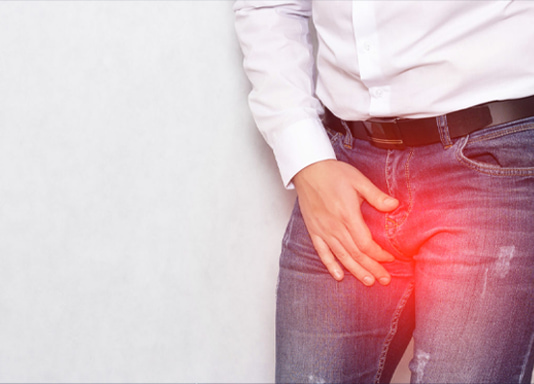What Causes of Pelvic Pain and How to Manage it
Chronic pelvic pain can occur due to many different causes and most of the time it is the symptom of another condition.
In most cases, it is hard to identify the cause of chronic pain through a simple physical examination. You can physically examine yourself by pressing the areas of the abdomen to understand the pain point, but you can’t identify its cause. This post looks at the causes and symptoms of chronic pelvic pain in adults so you can have a better understanding about the condition for timely medical care.
What is a chronic pelvic pain?
Chronic pelvic pain lasts longer than six months. If you experience pelvic pain that doesn’t seem to go away on its own or with medication and rest, then there probably is an underlying issue that needs to be investigated.
Below are the most prominent chronic pelvic pain symptoms that can help you recognize its manifestation.
Symptoms of chronic pelvic pain
Chronic pelvic pain can be steady, severe and sometimes a burning sensation in your pelvic region. Depending on the cause, you may define it as sharp or dull. You may experience pelvic pain during bowel movement, urination, during intercourse, and after a prolonged period of sitting.
Causes of chronic pelvic pain
Endometriosis
This is a condition where the tissue in uterus lining abnormally grows outside of the womb. The deposits of this tissue directly respond to the menstrual changes just as the uterus lining responds (these deposits become thick, break down and bleed each month). Now because the tissues have developed outside the womb, they can’t exit your body during the menstrual cycle and remain in your abdomen leading to painful cysts.
Musculoskeletal issues
Conditions that affect your musculoskeletal systems (your bones and joints) such as pubic symphysis and fibromyalgia can cause chronic pelvic pain.
Chronic pelvic inflammatory disease
This disease causes infection in the female reproductive system, directly impacting your pelvic organs leading to severe pelvic pain. This can last long-term if timely care is not administered.
Fibroids
Fibroids are noncancerous cysts that cause pressure on lower abdomen causing a feeling of heaviness. They usually do not cause any sharp pain unless the blood supply weakens and they begin to expire.
Interstitial cystitis or painful bladder syndrome
This syndrome usually causes frequent urination along with pelvic pain that subsides once the bladder is empty but quickly starts to build up again.
Pelvic congestion syndrome
This is another syndrome that could be held responsible for pelvic pain. It results in enlarged veins that look like varicose around the womb. They can sometimes result in dull pain.
Final thoughts
Pelvic pain could be caused due to many factors which cannot be identified with just a simple physical exam. Your specialist will prescribe certain medical tests that will help determine the cause and allow your specialist to create a treatment plan accordingly. You can try home remedies to eliminate the symptoms, but if it doesn’t help you have to see a specialist right away.









